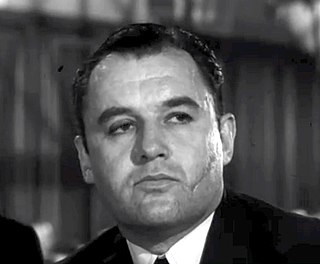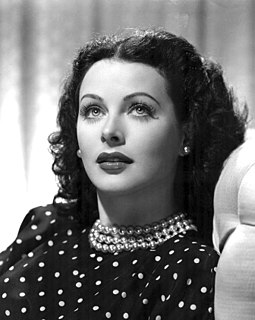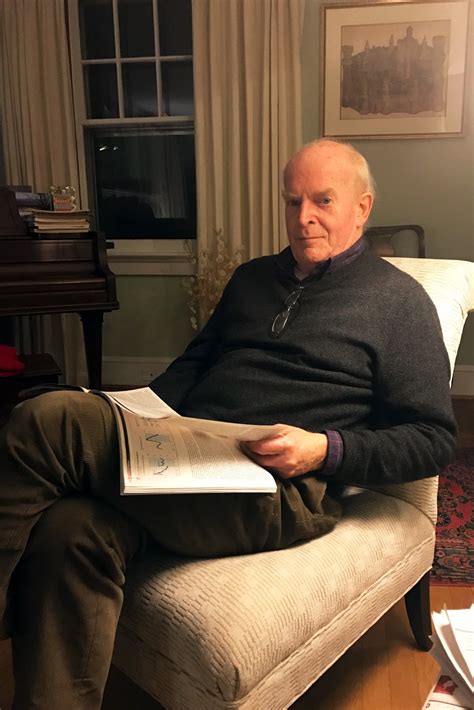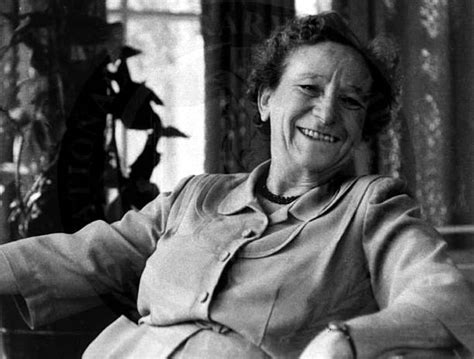A Quote by Quincy Jones
I'm not a psychiatrist.
Quote Topics
Related Quotes
Medicine was certainly intended to be a career. I wanted to become a psychiatrist, an adolescent ambition which, of course, is fulfilled by many psychiatrists. The doctor/psychiatrist figures in my writing are alter egos of a kind, what I would have been had I not become a writer - a personal fantasy that I've fed into my fiction.
I decided early in graduate school that I needed to do something about my moods. It quickly came down to a choice between seeing a psychiatrist or buying a horse. Since almost everyone I knew was seeing a psychiatrist, and since I had an absolute belief that I should be able to handle my own problems, I naturally bought a horse.
A comedian is simply a different kind of therapist. A comedian is a psychologist and a psychiatrist rolled into one. Except I can't prescribe medicine. (You still need a doctorate, which is bullshit.) Okay, so I'm not like a psychiatrist. Fine. But I'm still like a psychologist (except I can't diagnose or treat mental illness).
I have heard about a patient - the psychiatrist was bored with him. Of course, he was getting enough money out of him, but he was getting bored by and by - three, four, five years of psychoanalysis, and the man was repeating the same again and again and again. The psychiatrist said, 'Do one thing: go to the mountains for a few days. That will be very helpful.'
The need of an insecure psychiatrist to draw security from a virtuous adjustment to the conventionalities of his time and from a quest for approval from "the good and the great" may turn out to be another agent interfering with his ability to listen in a therapeutically valid fashion. This type of dependence gives rise to the danger that the psychiatrist may consider the changeable man-made standards of the society in which he lives to be eternal values to which he and his patients must conform.
When the psychiatrist approves of a person's actions, he judges that person to have acted with "free choice"; when he disapproves,he judges him to have acted without "free choice." It is small wonder that people find "free choice" a confusing idea: "free choice" appears to refer to what the person being judged (often called the "patient") does, whereas it is actually what the person making the judgment (often a psychiatrist or other mental health worker) thinks.



































